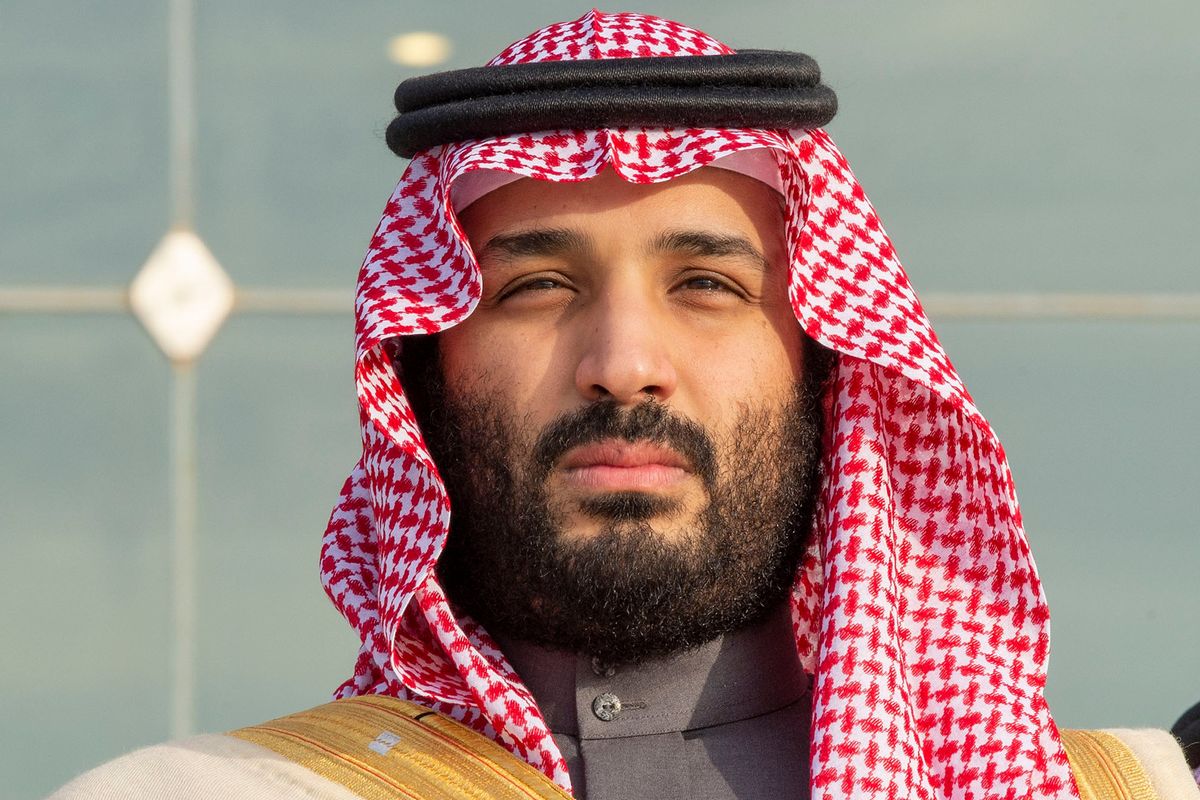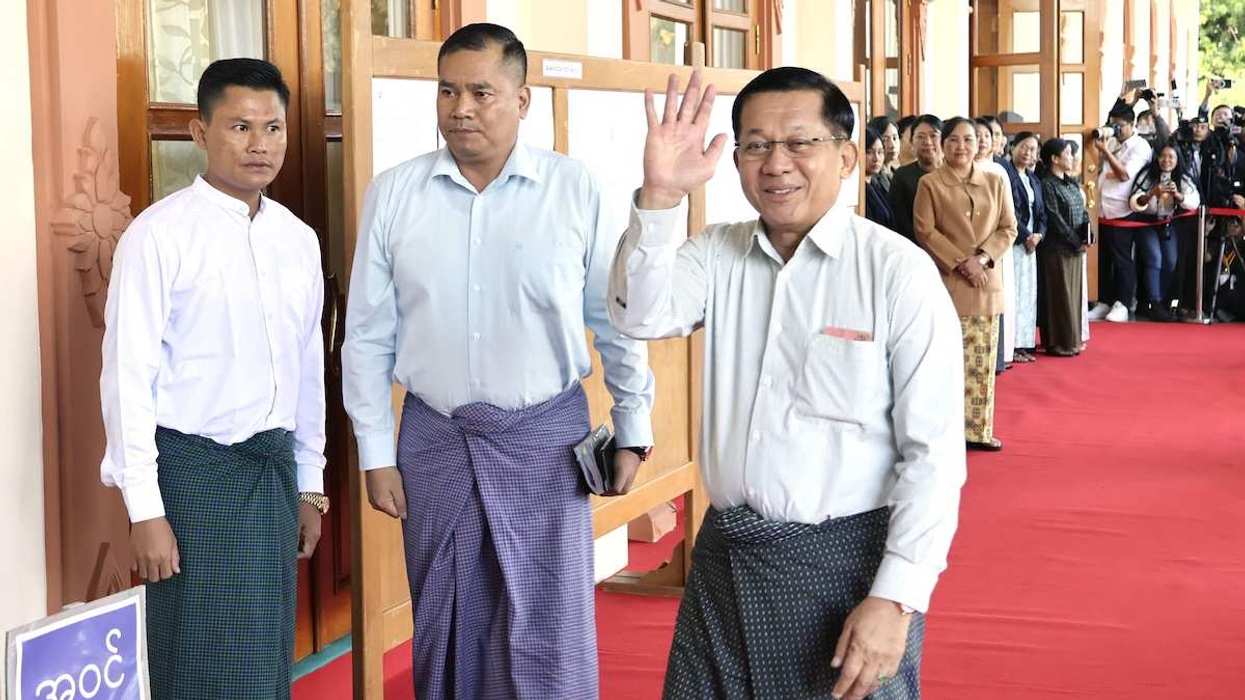Saudis got bad news this week: Their taxes are going up and the housing allowance the state provides for government employees will be cut. (Most Saudis work for the government.) The need for belt-tightening is obvious. Oil prices are less than half what they were a year ago, despite a new Saudi production cut meant to prop them up, and the coronavirus is having a big impact on the kingdom's economy. The state has ordered a full lockdown across the kingdom from May 23-27 at the end of the fasting month of Ramadan.
This is also bad news for Crown Prince Mohammad bin Salman (MBS), Saudi Arabia's de facto ruler. His father, 84-year old King Salman, remains on the throne, but it's MBS who controls the kingdom's foreign and domestic policy. And it's MBS who bears responsibility when things go wrong.
The 34-year-old crown prince is known for three things: expensive foreign-policy failures, bold social reforms, and the iron fist he uses to defend both.
His mistakes abroad include a costly war in Yemen without positive result, a failure to contain Iran's regional influence, the murder of journalist Jamal Khashoggi and the continuing damage it inflicts on the kingdom's reputation, and an oil price war with Russia that he had to abandon.
His domestic policy centers on his bold vision for the kingdom's future. To boost long-term economic potential, MBS has angered social conservatives by allowing women to drive, to move more freely in society and to join crowds that were once limited to men. He has also welcomed foreign cultural and sporting events into the country.
His iron fist has earned him many enemies. Since his father named him crown prince in 2017, MBS has ordered the detention (and public humiliation) of some of the wealthiest and most powerful men in the kingdom, some of them princes. In March, he upped the ante by moving against his cousin and former crown prince, Prince Mohammad bin Nayef, and Prince Ahmad bin Abdulaziz, the king's brother. These latest moves show two things: that the Crown Prince can still take bold action to try to further consolidate his authority over the royal family — and that he still feels he needs to.
Saudi Arabia is not in imminent economic danger, despite the austerity measures. Its wealth funds still hold more than $300 billion, and it can raise tens of billions more by selling shares in state-owned oil company Aramco. The Crown Prince himself still has his supporters, which include those who like his social reforms, especially young people, and those who hope to profit from the economic opportunities they create.
But this is still a crucial moment for the kingdom and its crown prince. The impact of the pandemic and low oil prices raise longer-term questions about the crown prince's grand economic plans and the future of Saudi prosperity. Some of his rivals within the family, especially those who fear that he will transform the kingdom in ways they hate, now face a sobering question:
Are they running out of chances to prevent this impetuous young man from becoming king?


















